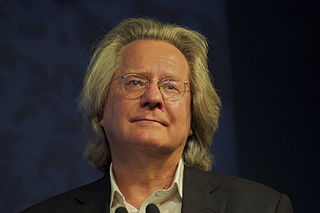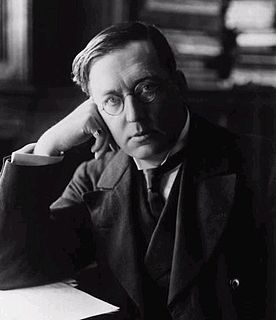A Quote by D.T. Suzuki
Prophecy is rash, but it may be that the publication of D.T. Suzuki's first Essays in Zen Buddhism in 1927 will seem to future generations as great an intellectual event as William of Moerbeke's Latin translations of Aristotle in the thirteenth century or Marsiglio Ficino's of Plato in the fifteenth.
Related Quotes
Through Plato, Aristotle came to believe in God; but Plato never attempted to prove His reality. Aristotle had to do so. Plato contemplated Him; Aristotle produced arguments to demonstrate Him. Plato never defined Him; but Aristotle thought God through logically, and concluded with entire satisfaction to himself that He was the Unmoved Mover.
Was it Aristotle who said the human soul is composed of reason, will, and desire?” “No, that was Plato. Aristotle and Plato were as different as Mel Tormé and Bing Crosby. In any case, things were a lot simpler in the old days,” Komatsu said. “Wouldn’t it be fun to imagine reason, will, and desire engaged in a fierce debate around a table?
A handful of men working within the Zen sect of Buddhism created gardens in fifteenth-century Japan which were, and still are, far more than merely an aesthetic expression. And what is left of the earlier Mogul gardens in India suggests that their makers were acquainted with what lay behind the flowering of the Sufi movement in High Asia and so sought to add further dimensions to their garden scenes.
The essence of science is that it is always willing to abandon a given idea, however fundamental it may seem to be, for a better one; the essence of theology is that it holds its truths to be eternal and immutable. To be sure, theology is always yielding a little to the progress of knowledge, and only a Holy Roller in the mountains of Tennessee would dare to preach today what the popes preached in the Thirteenth Century, but this yielding is always done grudgingly, and thus lingers a good while behind the event.
Sometimes people have said that Islam, in its own calendar, is still only in the Middle Ages. It's still in the fifteenth century or whatever. And Christianity in the fifteenth century, after all, was full of inquisitions and burnings at the stake, and so on and so on. So give Islam time, and it will reach the point of maturity that other religions have. But Mormonism is much younger than Islam, and it's got there already. So I don't think that's an argument that works.


































